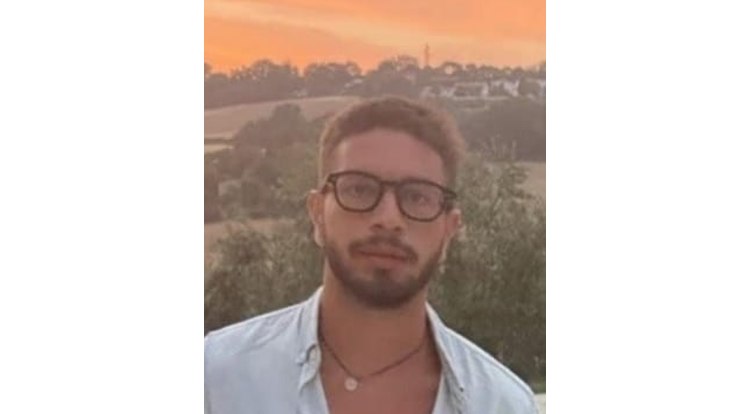Antonio Sbaffoni
20 November 2023

Photo: A. Sbaffoni
Antonio Sbaffoni is from Italy and before coming to Hamburg for his Ph.D. he studied at the University of Padua where his enthusiasm for astronomy steadily increased. He did his Master’s thesis on the study of stellar populations in the disks of bulge-less giant spiral galaxies. Looking at the distribution of stellar ages, Antonio tested whether the merger history of bulge-less galaxies poses a challenge to cosmological theories of galaxy formation.
What is the topic of your research?
I am part of the observational astronomy group, led by Prof. Dr. Jochen Liske, at the Hamburg Observatory. For my Ph.D. project I am studying the large-scale structures of the Universe, in particular filaments and voids, i.e., the highest and lowest density sites on cosmic scales. By analyzing how certain galactic properties (mass, luminosity, color, mass-luminosity ratio) change from filaments to voids and vice-versa, I could be able to understand how dark matter influences the formation and the evolution of galaxies at these scales.
What fascinates you about your research focus?
My Ph.D. project is very challenging. Although I am still analyzing my data and working on my first results, I do believe it is going to be worthy. What fascinates me the most is having the possibility to dive into details of my field, building up my own theoretical approach and applying it into my research. And what I get to learn everyday can help me for my career in general, inside or outside of astrophysics.
What do you like about the cluster Quantum Universe?
What I like from QU cluster is that it organizes a lot of courses for us: both astrophysics-related courses to improve our skills and German courses to get to know more about the language. Also, I participate with gladness at every QU day. It is a great opportunity for us to network, foster our knowledge and discuss about our research with other specialists. In addition, QU events and networking can serve as an opportunity for researchers from the Observatory (located in Bergedorf, outside the city-center) to stay in touch and interact more regularly with colleagues from UHH and from DESY.
What do you like to do in your free time?
My greatest hobby is sport. I like running, going with rollers or doing the rope. Sometimes I play tennis or (beach) volleyball with my friends and I do free-body exercises almost every day because it makes me feel better.
